Summer Game Fest 2022 is over! Is anyone else exhausted? Confounded?
After two whirlwind weeks of announcements and showcases, we finally have a chance to catch our collective breath and reflect. It’s been an absolutely wild ride.
In some ways, it’s been a little reminiscent of E3 2015 in its sheer wish fulfillment factor. Back then, it was Shenmue III, Final Fantasy VII Remake, Dark Souls III, and The Last Guardian. In 2022, it was the Resident Evil 4 remake, the multiplayer spin-off of The Last of Us, Dragon’s Dogma II, Final Fantasy VII Rebirth, and the first decent look at Starfield.
That’s just a handful of the games that have sucked up the most attention. Behind those headliners are dozens — what feels like hundreds — of not-blockbuster projects, shown off in sneak peeks, first looks, and extended demonstrations. To say there may be too many is both a worn-out argument and an undeniable truth.
As much as I’ve tried to keep up with the presentations (and that’s not even counting the enormous number of demos in the Steam Next Fest), I’ve undoubtedly missed games that might have caught my eye and have very likely forgotten others that did make a momentary impression.
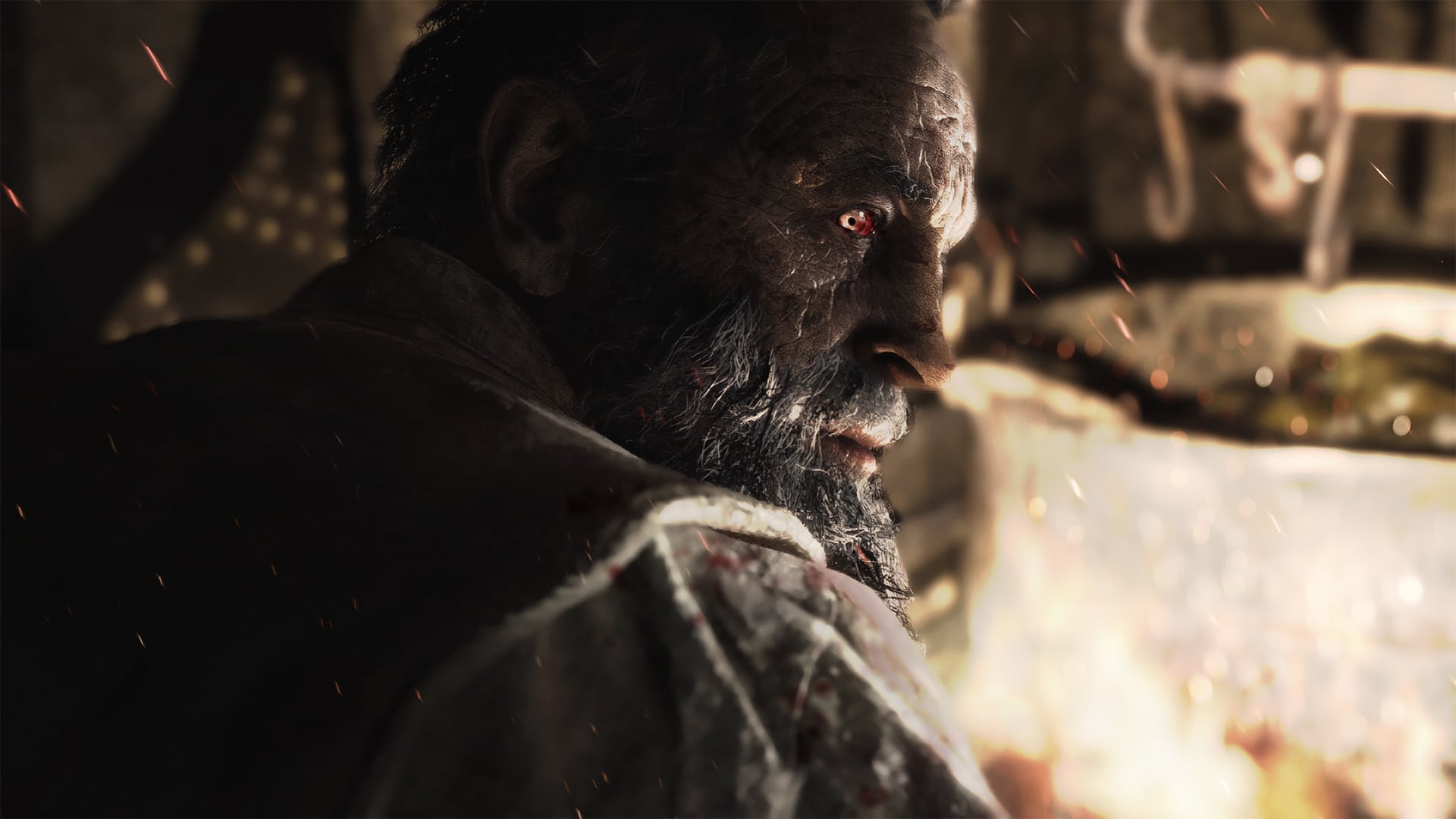
It’s great that these showcases provide a stage for games of all stripes — a place where curios like As Dusk Falls and Pentiment can stand shoulder to shoulder with Redfall and Diablo IV. But at the same time, these showcases are raging infernos and there’s only so much oxygen. The gaming media’s tendency to sideline smaller games is emphasized at times like these because our attention is most profitably directed towards the big titles, regardless of where our individual interests may lie.
That’s not an entirely separate issue, but nor is it one that strikes at the heart of what makes Summer Game Fest and E3 before it so… conflicting.
We all enjoy video games. There’s the thrill of play and the delight of stepping into someone else’s imagination far more tangibly than you can in other forms of entertainment. Just as much, I delight in learning about new games and hearing about the details of them. Yet, as great as it was to see the wealth of content coming our way over the next few months and years, it all kind of dissolved into noise at a certain point.
I don’t know about you, but I just stopped caring. I stopped feeling excited by what might come next. It was like cognitive overload. Too much information, too much feigned excitement layered atop the business-as-usual of life that doesn’t stop, doesn’t slow down, and doesn’t leave enough space to buy into the hype.
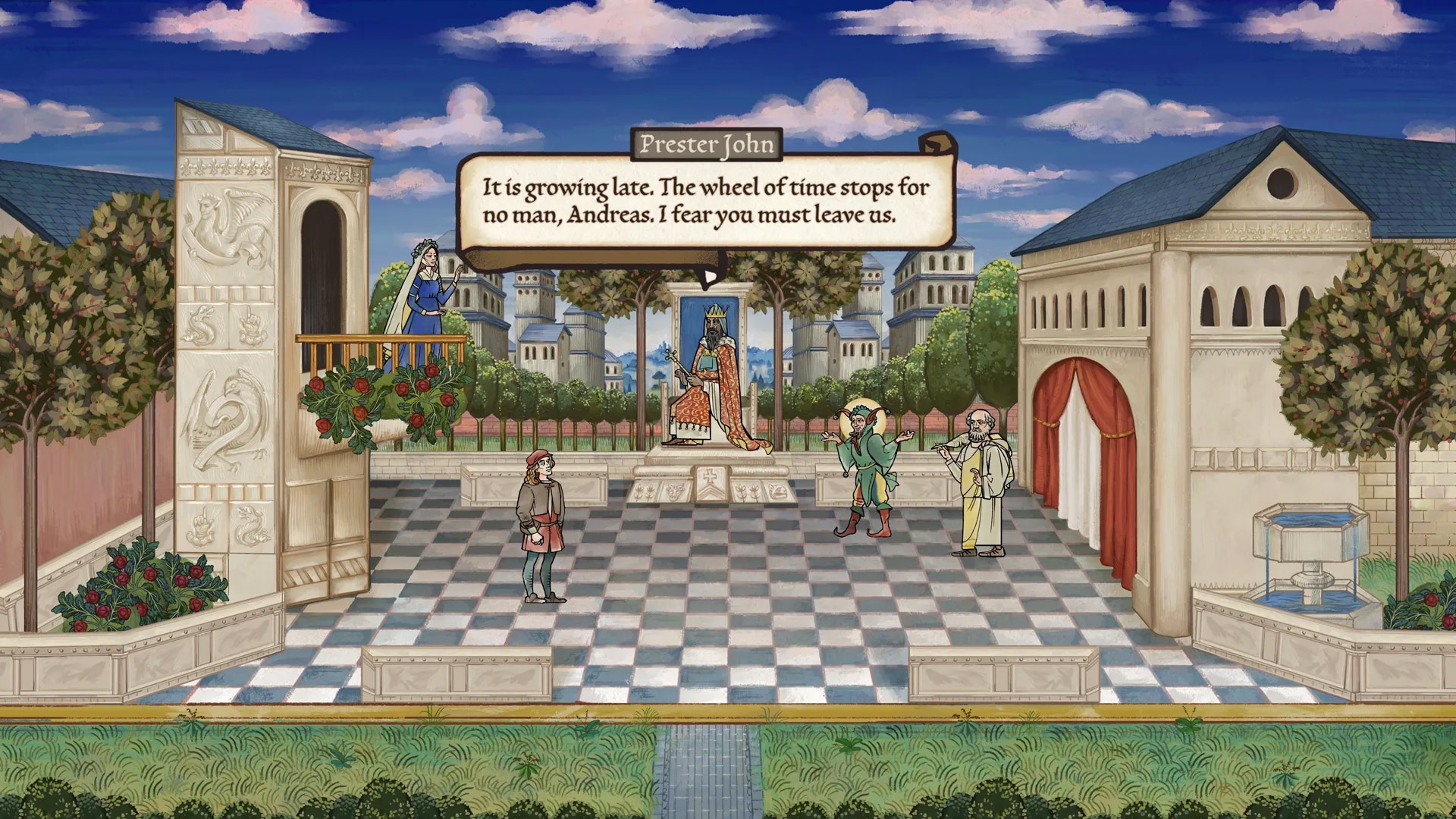
So, as the dust settles on another Summer Game Fest, I’m left thinking that there has to be a better way. There has to be a more manageable and more genuinely interesting way to reveal and show off games.
It’s easy to point to Nintendo Directs and Sony’s States of Play as an alternative, and it’s certainly not a bad one. Spaced out presentations that are short and focused on just a handful of games (even better if it’s just one) offer space to breathe. But then there’s the question of what happens if everyone replicates that model — if instead of one a month, there’s one a week or even more as Microsoft, Square Enix, Ubisoft, Devolver, and, and, and, and, and all decide to get in on the trend.
Maybe the solution is as simple as making the Summer Game Fest match its name, by spreading these massive presentations out across three months instead of two weeks? Maybe it’s a matter of rethinking the idea of showcases and transforming them from hype machines into something a bit more thoughtful? Or maybe it’s a matter of looking towards the models of other entertainment industries that are less consolidated in how they talk to the public?
Book publishing is a different beast, with lower project overheads and a much broader audience, but its more organic approach is intriguing. As an industry, it leans much more on the post-launch period. Yes, authors write blog posts, make appearances, and do book signings, but the real marketing comes from word of mouth. There’s a firmly established review system of respected, authoritative voices and publications, as well as writer / reader communities like book clubs and Goodreads.
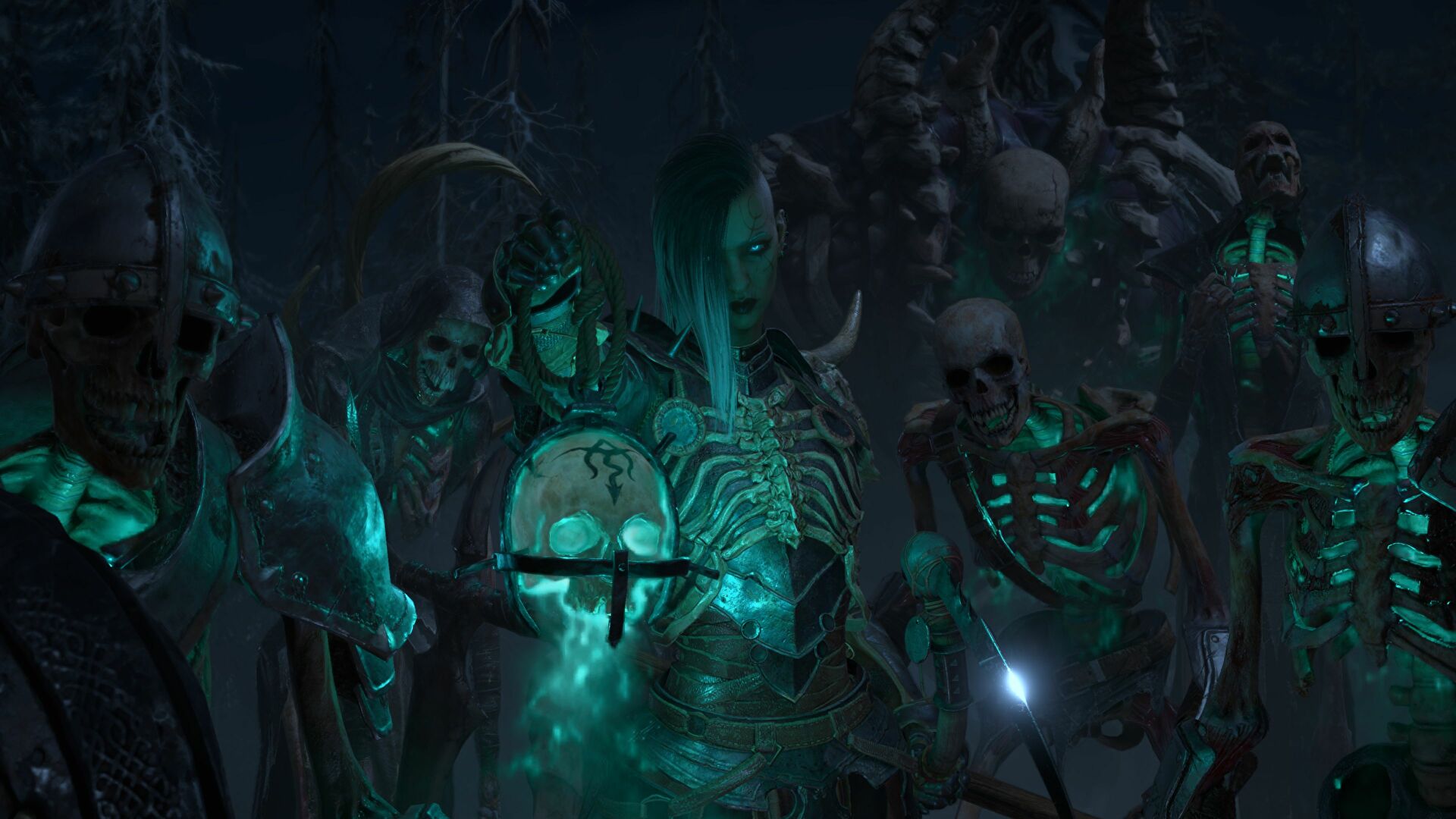
That goes likewise for the film industry, though it has a far more mature relationship with its firmly established and entrenched news sector than does the video games industry. These legacy mediums share an approach that seems to be lacking from what we see around gaming: They don’t just jam everything together in the hopes that everyone sees something they like.
Instead of showcases that act like scatterguns by targeting everyone, the niches celebrate their own space. Magazines like Clarkesworld, Aurealis, and Locus revel in speculative fiction; literary fiction often merits a space alongside discussions of society and culture in the likes of The New Yorker and Granta. The Hollywood Reporter and Deadline have carved out authoritative spaces for coverage of film and TV in general.
Yet the video game industry remains mired in its quest to reach the biggest audience possible every single time. It doesn’t seem like it can work. But maybe it does? I don’t know. I’m not a marketing expert, just someone who’s a little tired of how things are. Of course, even if we could agree that things need to change, it wouldn’t be easy. It would require vision, authority, connections, and, of course, the means of convincing the fans that the ways of the past do not need to be the ways of the future.

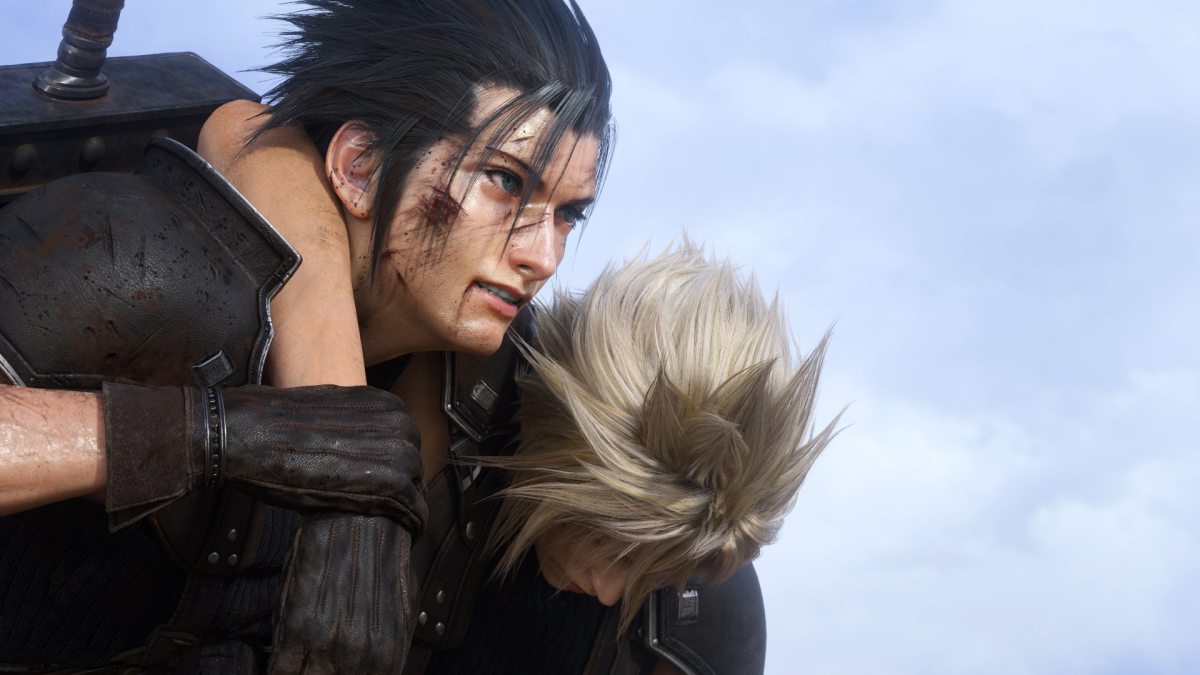
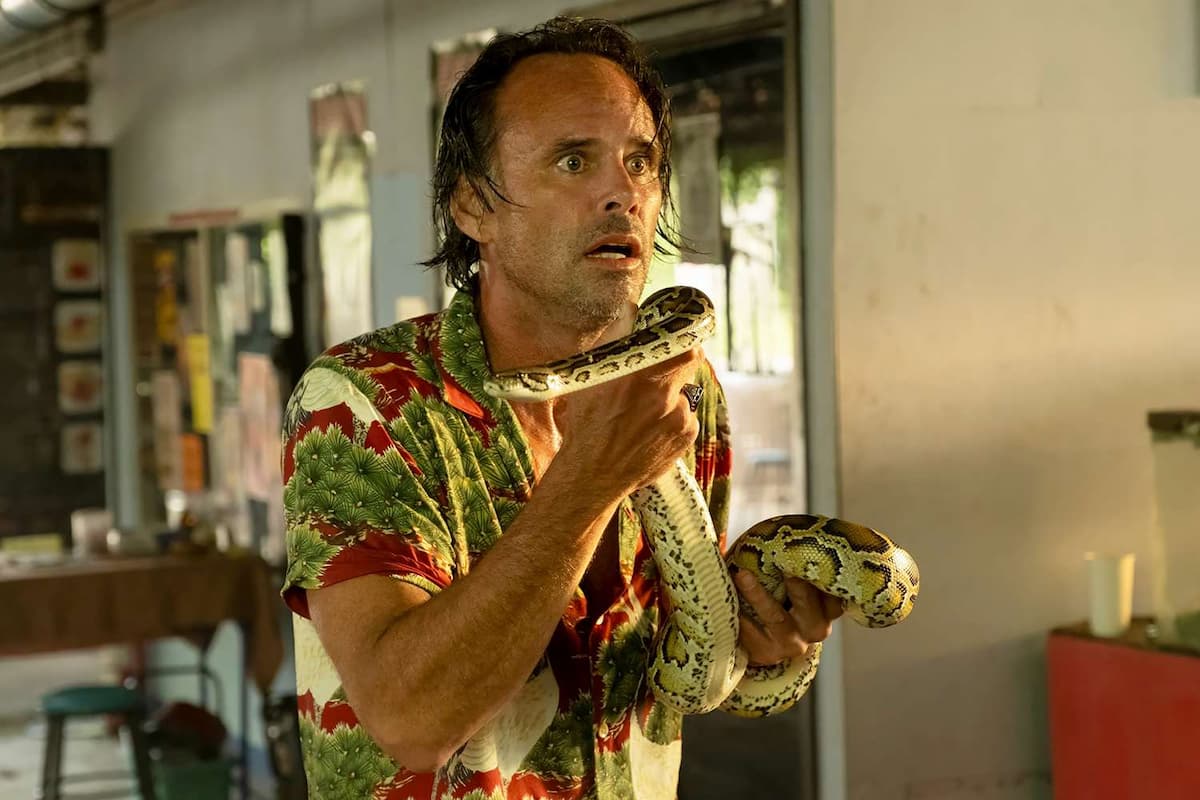


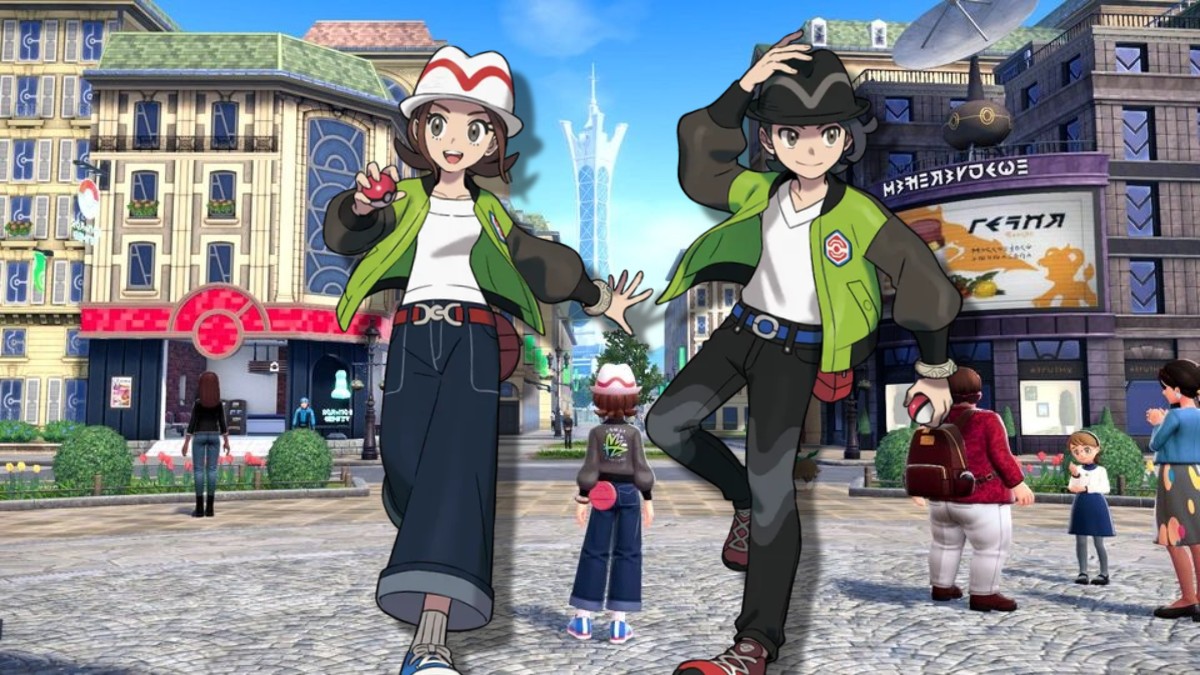

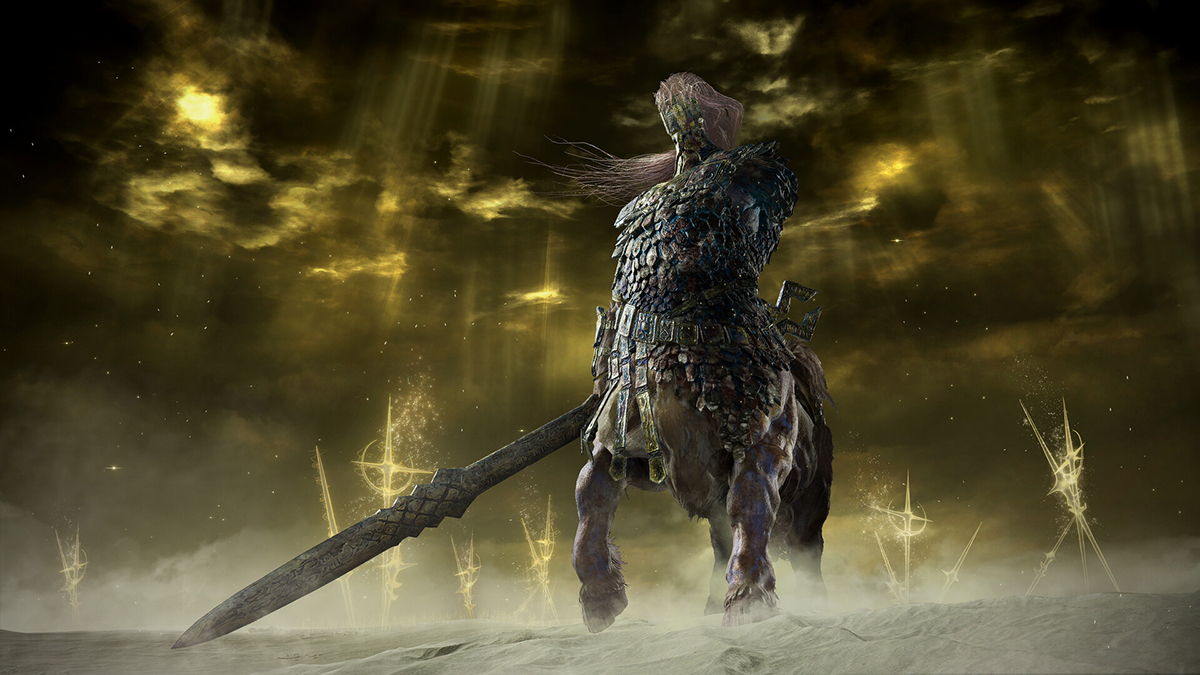






Published: Jun 22, 2022 3:25 PM UTC